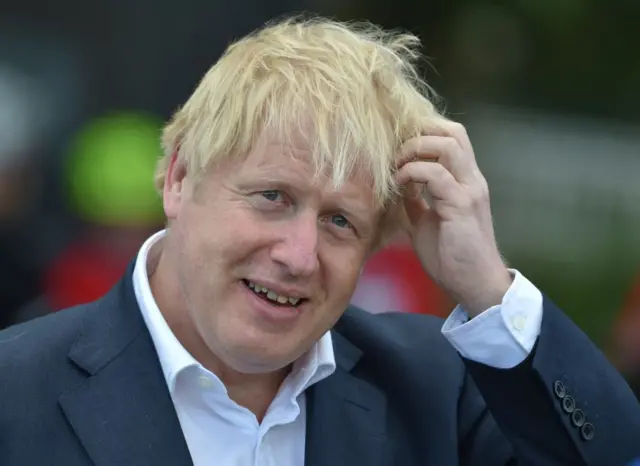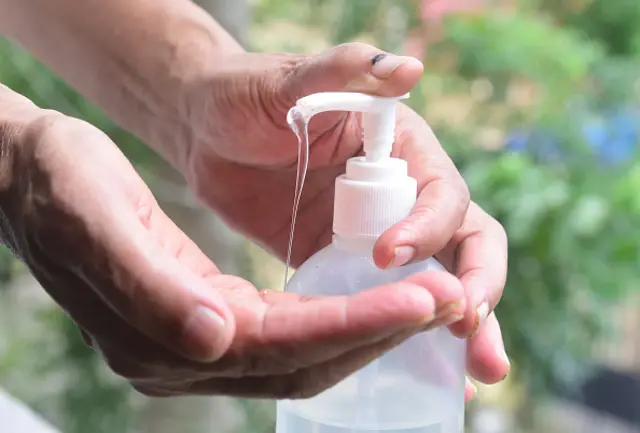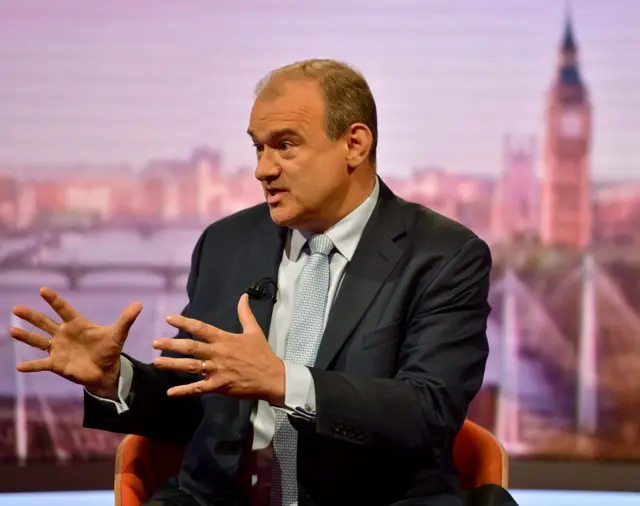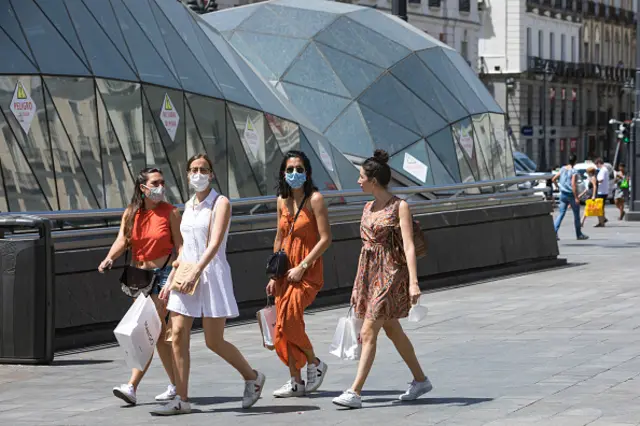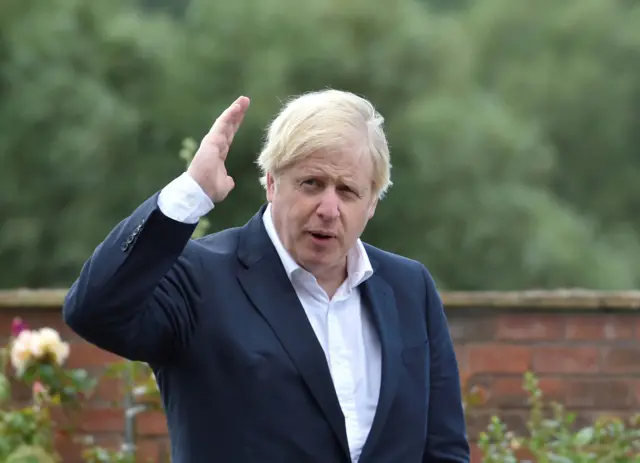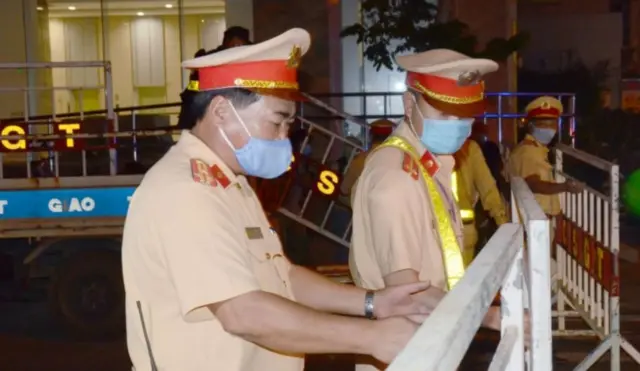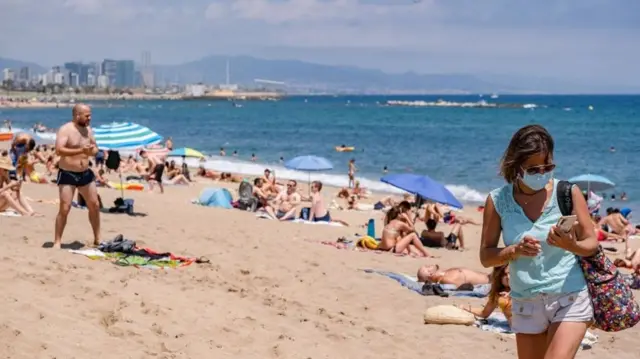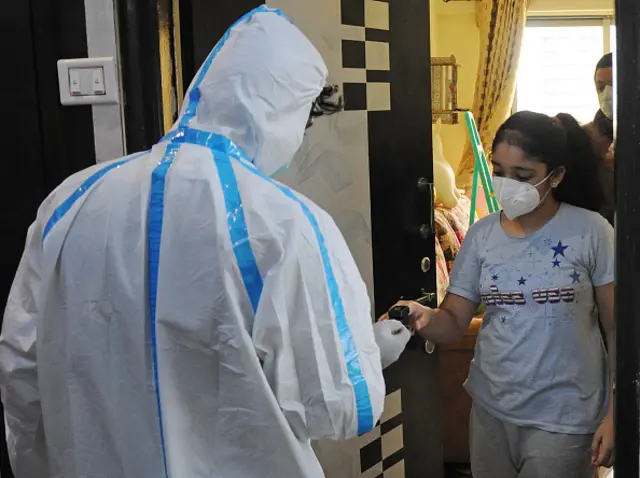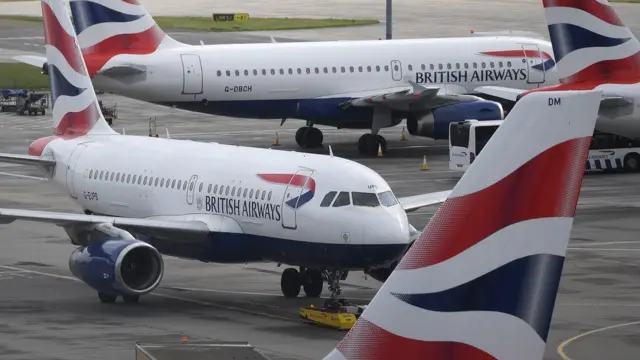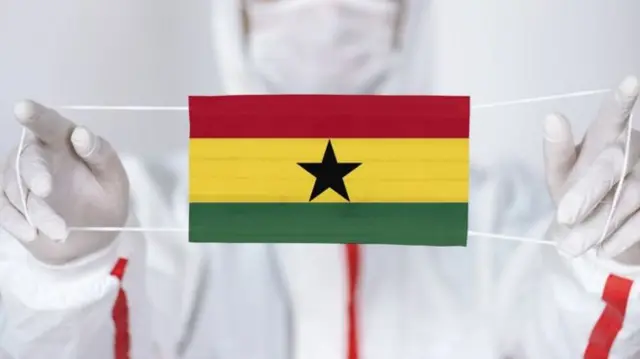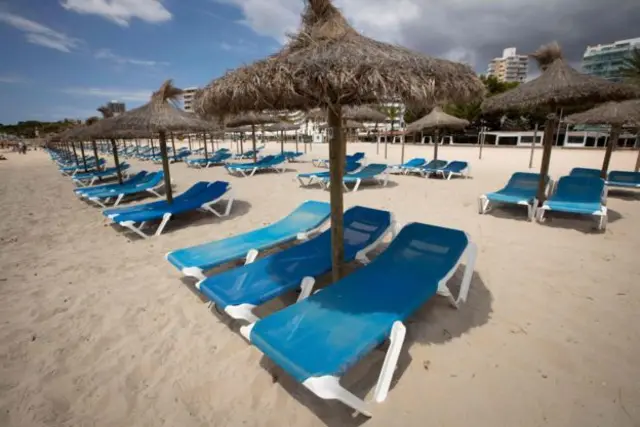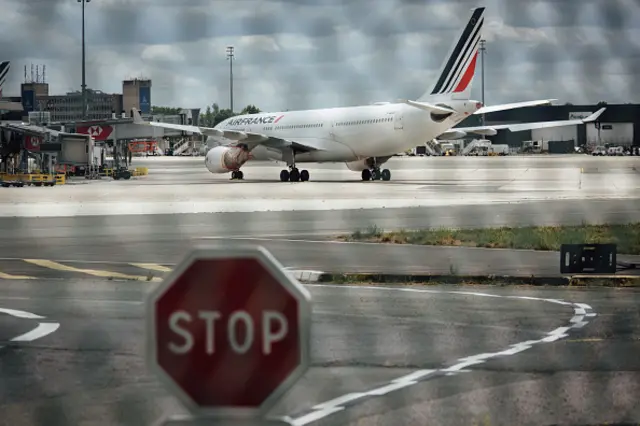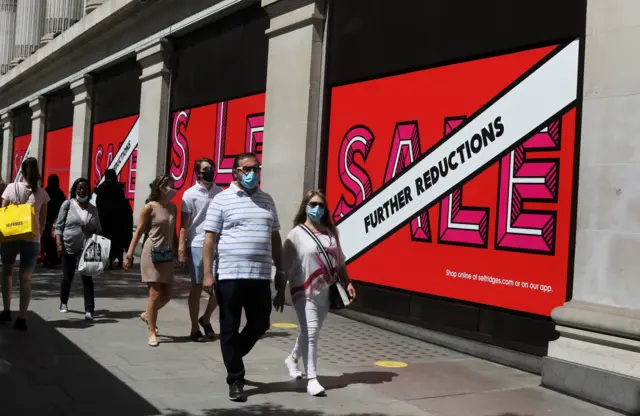Why is Luxembourg rated high-risk?published at 13:06 BST 28 July 2020
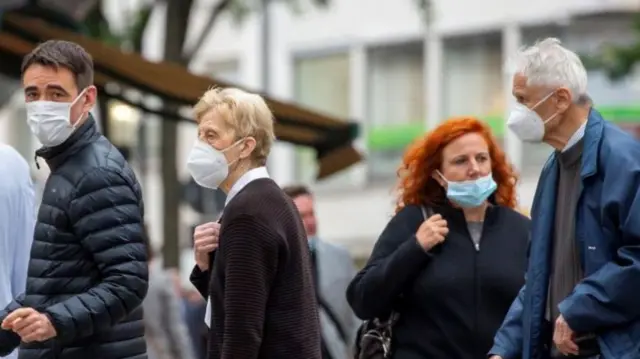 Image source, EPA
Image source, EPALuxembourg has compulsory mask-wearing and social distancing
Little Luxembourg has open borders with France, Germany and Belgium and official data suggests that it also has Europe’s highest Covid-19 infection rate. Why?
Health experts in Luxembourg say it is actually a high detection rate - the country has an intensive testing regime, compared with most other European countries.
Luxembourg’s population is about 626,000 - nearly half of them foreigners - and so far about 400,000 residents and non-residents have been tested, the DPA news agency reports.
But data from the EU’s European Centre for Disease Prevention and Control (ECDC) shows Luxembourg has an extraordinary 219 cases per 100,000 inhabitants, over the past two weeks. That is way above the German safety threshold of 50 per 100,000.
In Luxembourg masks are compulsory in shops, restaurants and on public transport. Social distancing is in force, and most leisure and cultural facilities are open.
Luxembourg has huge cross-border traffic and that is believed to contribute to the high infection rate.
Ulf Nehrbass, head of Luxembourg’s Covid Task Force, says 18% of the new infections were among cross-border commuters.
